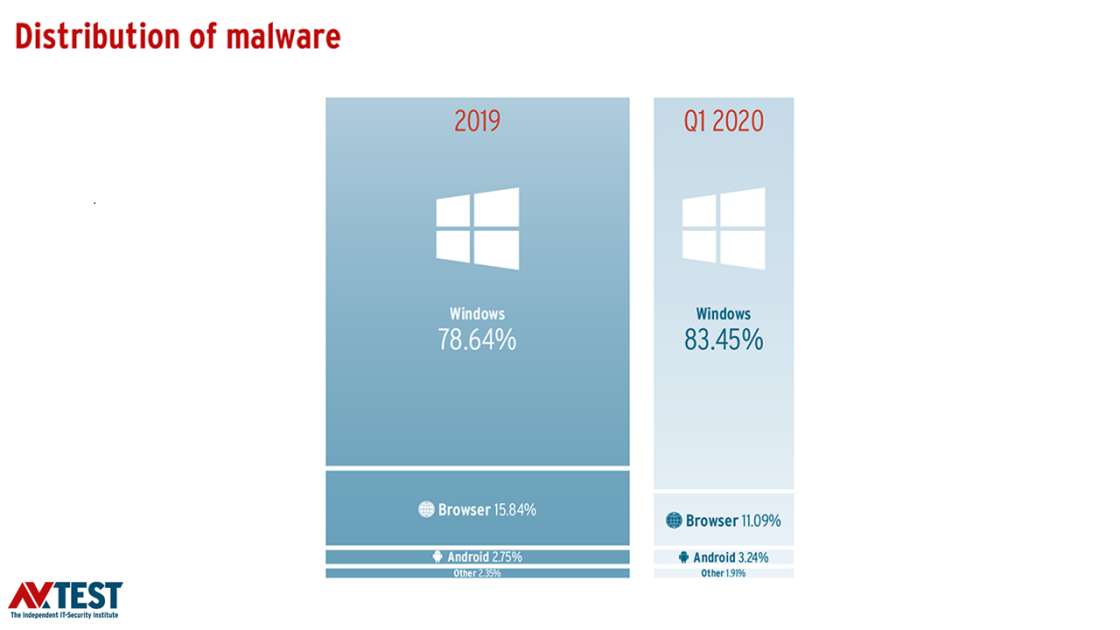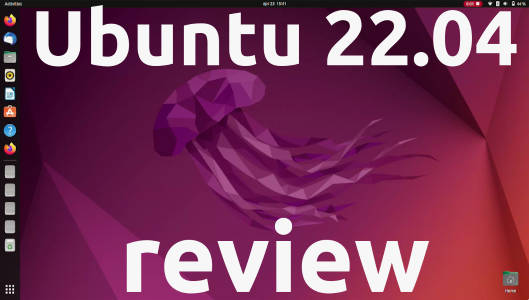It's not just Snaps. Ubuntu has been steadily declining in quality for the desktop since the year 2010. That's twelve years of decline now.
Their focus is IoT and they don't spend much time on their desktop anymore. Their own engineers usually use macOS or windows on the desktop, and it shows.
Ubuntu OOMD just isn't that good as a technology I guess:
https://www.phoronix.com/news/Linux-Mint-17-No-OOMD
You're right they solved a big problem but other things keep popping up:
When I do 'systemctl daemon-reexec' in a Fedora rawhide VM, I get: Jul 28 11:52:54 rawhide-uefi systemd-oomd[685]: Failed to connect to /run/systemd/io.system.ManagedOOM: Connection refused Jul 28 ...

github.com
Four days ago I upgraded my laptop from Ubuntu 20.04 LTS to 22.04 LTS. While this upgrade generally went very smoothly, a pop-up paused the process to tell me that henceforth Firefox would be pack...

askubuntu.com
The technology is just unstable right now, not ready at all to force it on people.
Fedora is as much supported as Ubuntu, it has packages that Ubuntu doesn't have. RPM is about as popular as DEB. SUSE and Red Hat are the two largest Linux companies and both use RPM..
I don't know but I just want to say it's about time Ubuntu is abandoned by desktop users. It has simply become one of the very worst Linux systems.
UBUNTU CONTINUES FALLING LIKE A ROCK AS A GAMING DISTRO
Ubuntu Continues Falling Like a Rock as a Gaming Distro

boilingsteam.com
Linux Mint Makes Improvements Around Flatpaks With Update Manager Integration

www.phoronix.com
Ubuntu To Abandon Unity 8, Switch Back To GNOME
Phoronix: Ubuntu To Abandon Unity 8, Switch Back To GNOME Canonical has announced via Mark Shuttleworth they are ending their development of the Unity 8
www.phoronix.com
Privacy in Ubuntu 12.10: Amazon Ads and Data Leaks
See part 2 of Privacy in Ubuntu 12.10: Full Disk Encryption. Earlier this month the eagerly awaited free software operating system Ubuntu 12.10 was released, and it includes a slew of new features (YouTube link), some of which have infuriated users because of privacy concerns. Over the last...

www.eff.org
Are We Witnessing the Decline of Ubuntu?
History is written years after the events it describes. But when the history of free software finally is written, I am increasingly convinced that this

www.datamation.com
Ubuntu abandons Unity8/Mir/Phones… WHAT?
Wow!!! I just read this… Totally unexpected!!! I’ve been reading comments on phoronix for years that Canonical will just drop the whole project, but I always thought that the investment to this project is too much to just drop it. I was totally wrong… Any thoughts?? Phoronix Article Mark...

ubuntu-mate.community
What a mess is Ubuntu 22.04
The fact is, a small company like Canonical doesn't have the resources to specialize in more than one thing, and that thing is IoT. As a desktop user you are going to be (usually) better on Mint, Fedora, Void, MX Linux, Devuan, EndeavourOS.
archlinux.org












